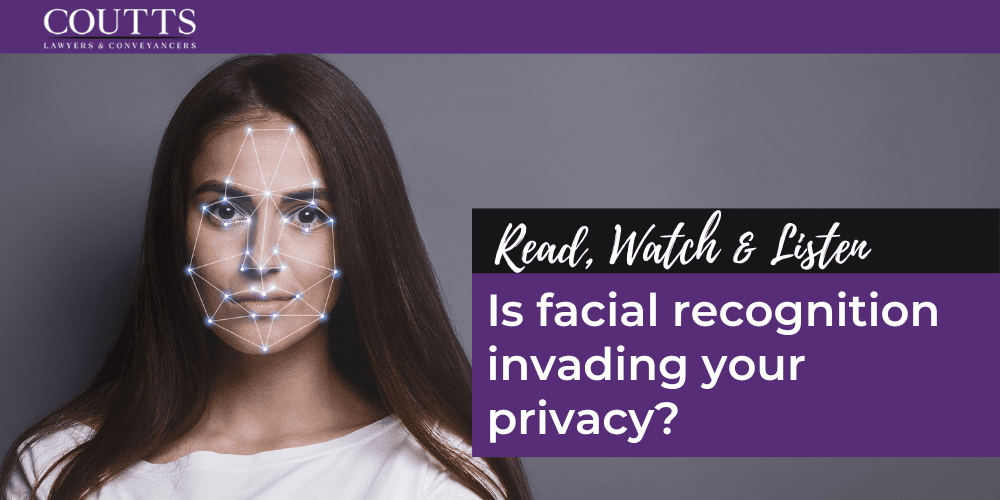KEY TAKE-OUTS
- Recently, CHOICE has published an article regarding Kmart, Bunnings & The Good Guys’ use of facial recognition software.
- There are privacy policies in place to protect consumers’ information which may be collected by businesses.
- This is a great time for holders of private information to consider their obligations in respect of how they collect and store their customers information.
Facial Recognition Technology and Privacy Concerns
Recent investigation by CHOICE has outlined some growing concerns regarding the use of facial recognition technology in Australian retailers.
What retail stores use facial recognition?
CHOICE interviewed 25 leading Australian retailers to confirm whether they have been using facial identification technology. Based on the responses received, Kmart, Bunnings and The Good Guys appear to be the only three which are capturing the biometric data of their customers.
Facial recognition pros and cons
Bunnings’ chief operating officer, Simon McDowell, told CHOICE that their use of facial recognition is one of the several measures the retailer has in place to prevent theft and anti-social behaviour.
Kmart and The Good Guys have not provided a response to CHOICE at this stage.
Whilst retailers have good and genuine reason for using facial identification technology, however there is potential for this information to be used for incorrect purposes such as for commercial sale.
Are there facial recognition laws in Australia?
Presently, Australia does not have a dedicated law which governs the use of facial recognition; however, the Privacy Act 1988 (“Privacy Act”) does provide some protection.
Under the Privacy Act, biometric information is considered as sensitive information which generally requires stronger levels of privacy than other personal information. Sensitive information must not be collected unless the individual consents to the collection of the information.
Is facial recognition considered an invasion of privacy?
It is often the case that retailers will display notices regarding their privacy terms and policy which is often considered as being consented to upon customers entering the shop.
Bunning’s Mr McDowell has advised “[they] let customers know about [their] use of CCTV and facial recognition technology through signage at [their] store entrances and also in [their] privacy policy, which is available on [their] website.”
CHOICE have also confirmed that most major retailers’ privacy policies are located online and are often difficult to locate for every-day shoppers. The purpose of a privacy policy is for businesses to establish clear guidelines and rules regarding the collection of information and how that information is used and stored and whether the business can provide that information to third parties.
The Attorney General is in the process of undertaking a review of the Privacy Act. It is hoped that they bring in stronger measures around the capture and use of consumer data, including biometric data.
Are your facial recognition privacy policies up to date?
A call for stricter guidelines around the Privacy Act presents a good opportunity for businesses to review their existing policies or create new privacy policies for the acquiring and storing of information provided by customers.
A privacy policy which is up to date and current should provide a level of protection to businesses and customers alike.
If you think your information has been mishandled, it is advised by the Office of the Australian Information Commissioner (“OAIC”) to contact the business to lodge a complaint. Alternatively, individuals may lodge a complaint directly with the OAIC.
For further information please don’t hesitate to contact Sydney Lawyers.
This blog is merely general and non-specific information on the subject matter and is not and should not be considered or relied on as legal advice. Coutts is not responsible for any cost, expense, loss or liability whatsoever to this blog, including all or any reliance on this blog or use or application of this blog by you.



